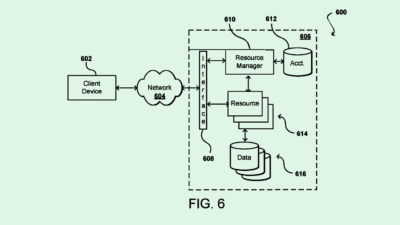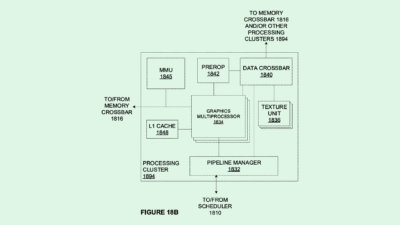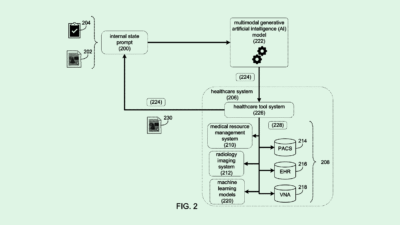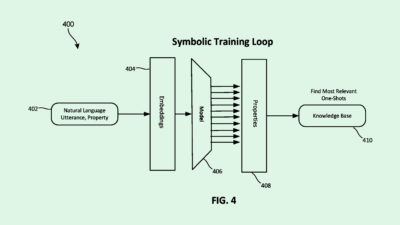Microsoft Patent Weeds Out False Alarms in AI-Powered Cloud Security
Though cloud demand is bursting, AI has a habit of making cybersecurity tricky.
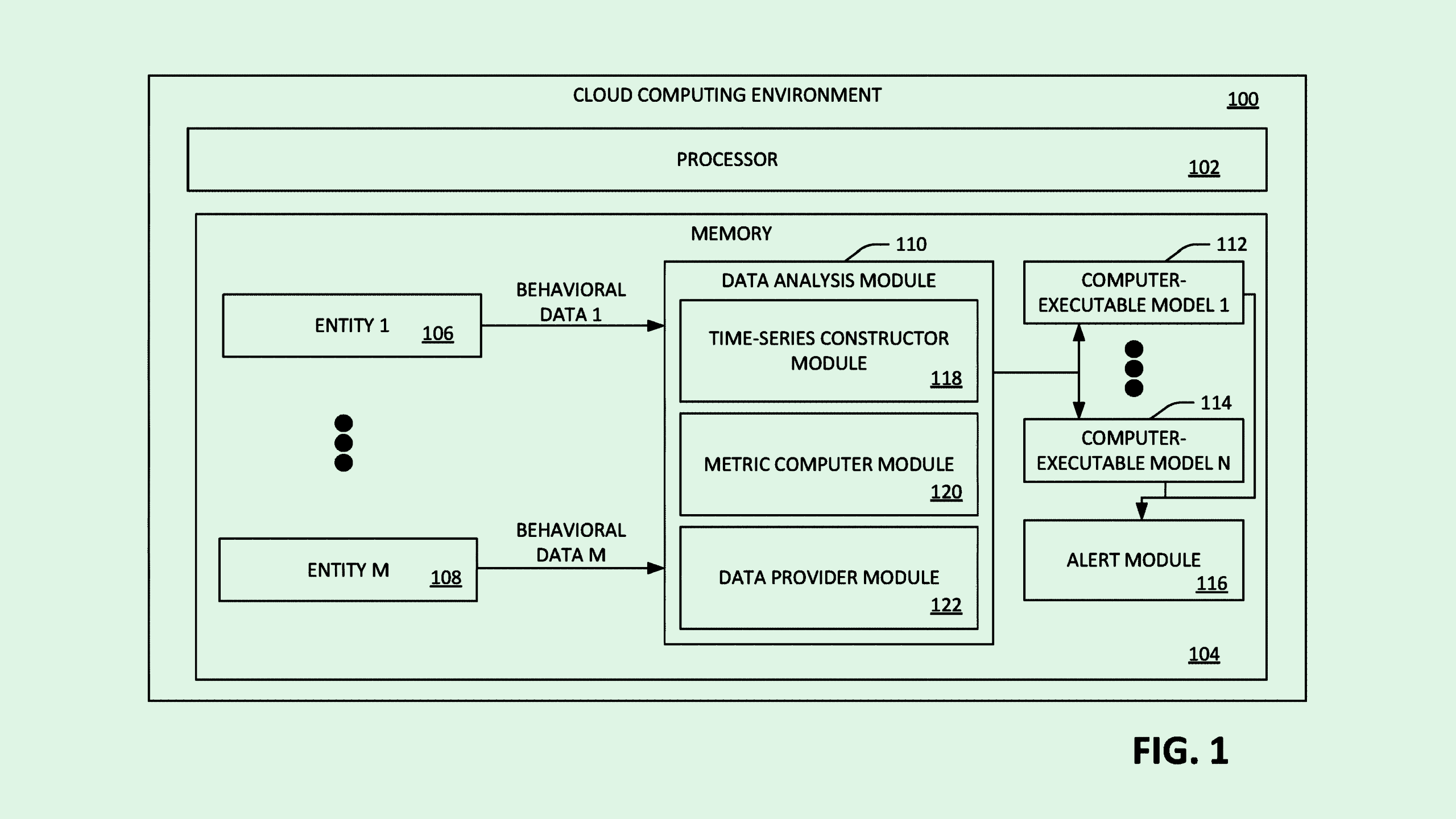
Sign up to get cutting-edge insights and deep dives into innovation and technology trends impacting CIOs and IT leaders.
With cloud demand ramping up, keeping track of when things go awry is growing more critical.
Microsoft is seeking a patent for a system to detect “anomalous behaviour in a cloud computing environment” that may help by making detection models more accurate, weeding out data deemed “noisy” that might contribute to false positives or negatives.
When collecting behavioral data of a cloud user over time, such as logs or data streams accessed each hour, Microsoft’s system extracts features from that data to understand the different processes or actions involved.
From this, a “metric value” is computed to determine whether the data is good enough to be used. Bad data, such as that with missing features or outliers that don’t represent threats, is filtered out, while the rest is sent to the anomaly detection model. Refining the data helps avoid false flags and find real threats to cloud environments.
“Provision of numerous false alarms to the customer is problematic, as the customer may begin to ignore alarms provided thereto by the cloud computing environment,” Microsoft said in the filing.
Cloud is one of Microsoft’s biggest moneymakers. Microsoft Azure has long stood among the so-called “Big Three” of cloud providers, holding roughly 22% of the cloud services market share in the first quarter, according to CRN. Its competitors, AWS and Google Cloud, sit at 29% and 12%, respectively.
AI is heating up this market even more: According to data from Goldman Sachs, cloud services revenues are poised to reach $2 trillion by the end of 2030, with generative AI accounting for $200 billion to $300 billion of that spend.
But AI also has a habit of making cybersecurity tricky. With the tech’s tendency to have data security slip-ups, and the proliferation of AI agents taking on more and more tasks, investing in sharper security measures to track anomalous behavior is never a bad idea.

